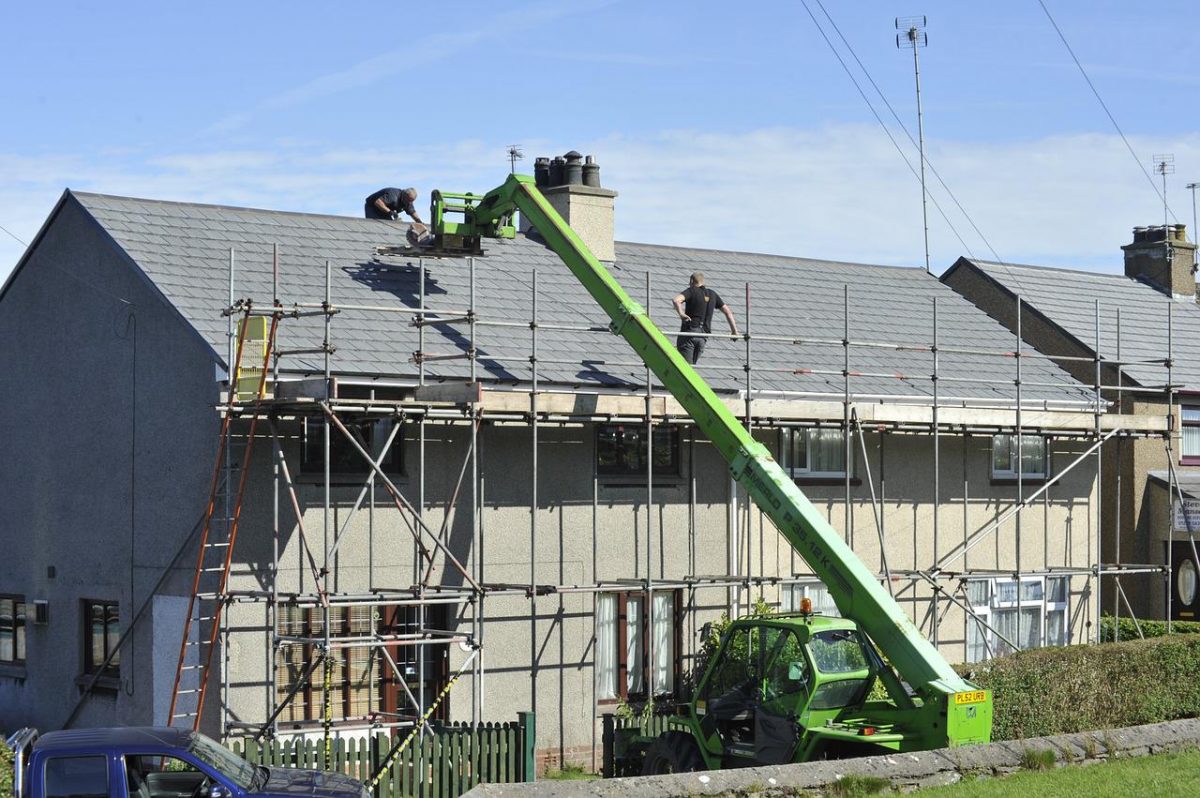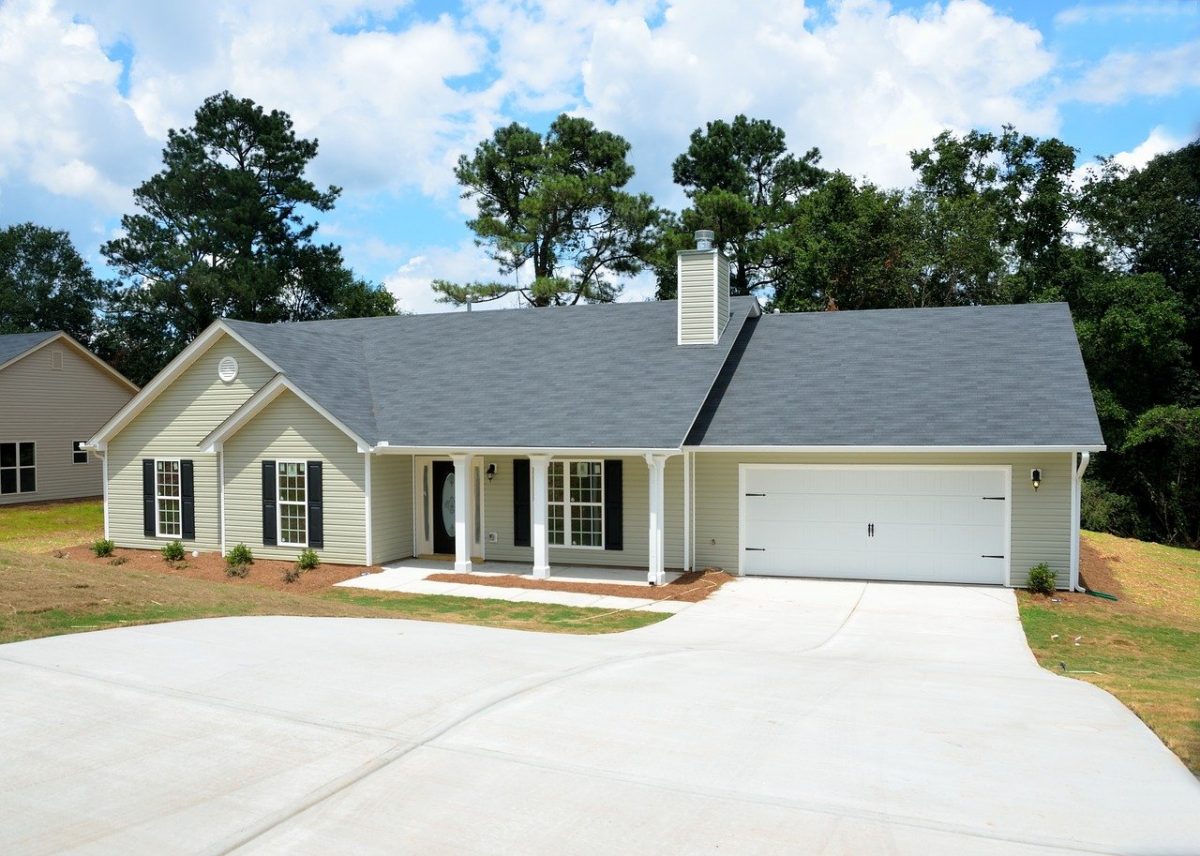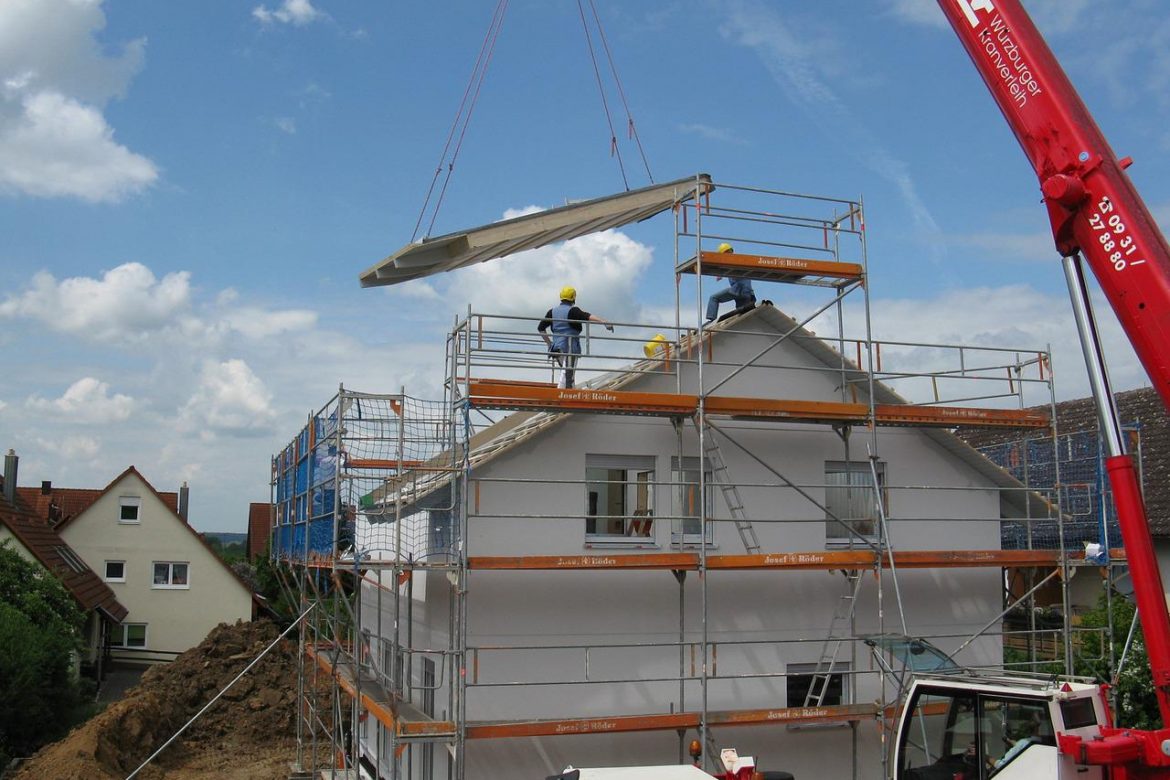Building a home is a once-in-a-lifetime experience for most of us. For others, it may be something they go through often because they are building to resell or renting it out. Either way, you will want to consider a ton of things before, during, and after the build.
The location you choose to build your new house will play an essential role before starting the project. It must fit your needs and wants, and it will need to pass the 11 key factors you should consider when selecting a site for building a house.
1. Define The Purpose Of Your House
You should understand by now that this will not be just any home. It will be yours so you need to consider what you want it to be designed for. If you prefer living in a city inside a tiny house several stories high, you will wish to do things completely different than if you want to have some livestock and room away from other people. This is a critical step in the process, and it is safe to say that it is the most essential factor to consider.
2. Decide Which Area Of The Country You Want To Build In
You may think this would be one of the last steps, but you need to know where you want to live before looking at locations to break ground. Once you have decided on a specific area, you will want to focus on it and find something that suits your needs. In fact, you will want to see several possible locations. Keep in mind that if you decide you want to live on a small farm, you can avoid considering any lots for sale in town.
3. Call And See If You Will Have Access To Utilities
Unless you plan to live off the grid and use solar power for all your energy needs, you will want to make a few calls. See if you can get energy, gas, water, sewage, garbage pick up, and even internet since it has become such a big part of the world today. You may be able to live without a few things, such as water, because you can have a well drilled. Consider your needs, and use the information to help you choose the locations you have in mind.
4. Talk to Your Builder And See If Supplies Can Be Delivered
Once again, unless you plan to live far into the outback, you will want to ensure that the materials you will need to use can be delivered to the location you settle on. The best way to do this is to discuss it with your home builder and see what they say. The builder will already know where their delivery areas end; if not, they could find out with one phone call to their supplier.


5. See If You Have Access To Local Facilities
It may not be a big deal for you if it takes an hour to get to a store, but this would be a deal breaker for others. You need to check around the locations you are thinking about using and see what is around. If you have children, you will need access to their school. If you have animals, you must be within a reasonable distance of a good veterinary. The other thing that you may want to consider is your distance from first-responder locations. Even if you are young and healthy, things happen.
6. Check The Local Rules And Regulations
It would be a shame to settle on a spot just to discover that your home design will not be allowed because it is too tall or too wide. Rules and regulations can vary from area to area and not just from local governing bodies. Some places will also have a housing authority that sets rules voted in by the current residents. Check into both groups before jumping to make a decision.
7. Is The Terrain Suitable For Building A Home
Check the terrain out to see if you could even build on it. There are some locations where you would have to bring some topsoil before breaking ground. If the area is on the side of a hill, it will need to be dug out to allow room for your house. You need to know what you are getting into before you get into it.
8. Check How Secure The Area Is
Discover how safe the area is. Compare all your locations in mind and see if one offers better security than the others. Go online and check the crime rates and see if they are petty thefts or murders. You can probably deal with thefts, but if there is a large number of criminal-caused deaths, you may want to avoid the area like it is the plague because, in a way, it is.


9. Check The Local Weather
The local weather may not be something you would have thought of ever looking into, but it may become a deciding factor for you. If you designed a large number of windows in your home, you will not want to be in an area that is not protected from the wind and heavy rains. Your home insurance company may love you for it, but it will cost you.
10. See How Much The Taxes Will Be For The Area
You can move over a block and find that they have higher taxes or even lower ones. The amount you are willing to pay is entirely up to your budget. If you are looking into a high society area, you can expect to spend more on your taxes, and areas with services such as street cleaning will cost you more.
11. Will Your Type Of Lifestyle Fit Into The Location
If you love to be active and on the go, you will not want to be in an area crammed with buildings, cars, and people. You will want a little more open space to work in the yard or play with the dog. Your lifestyle is who you are, so match the location of your house to support it. When doing this, look ahead into the future because if the spot you like is going to be the neighborhood home of the next big mall, you may regret your decision.
Conclusion
The bottom line is that the location you pick will be what works best for you. You never want to rush into a decision because that is when you will run into many different issues. Check into your options, look at the positive and negative aspects of the various locations, and go with the one that best fits your needs. You may have to sacrifice one part of your life for another, but that is where it comes down to choosing on your own.


![Top 15 High Paying Jobs for Freshers in the U.S. [2022]](https://citizenside.com/wp-content/uploads/2020/05/ecommerce-card-credit-card-credit-business-finance-1437759-pxhere.com-1-300x174.jpg)